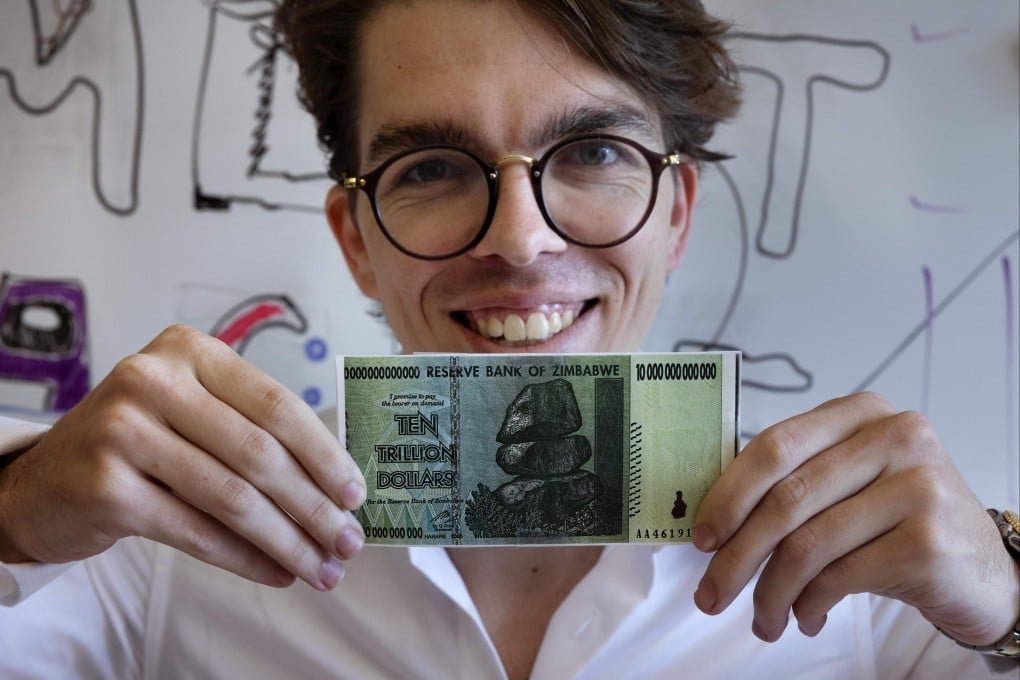Inside Out | Where are innovative Hong Kong’s quirky Ig Nobel Prize candidates?
- The spoof Nobel awards – which went to research on moose crash test dummies, badly written contracts, and so on – make us laugh, but also make us think
- The winning research shares a quirky spark crucial to most original thinking, essential to any aspiring innovation hub

You don’t have to be a nerd to be a nerd – or at least, if you are a nerd, you don’t have to be boring.
We can be forgiven for missing out on this year’s Biology Prize, which was awarded to research on how scorpions’ mating prospects are affected by the fatal constipation that results from discarding their stinging tail while escaping a predator. (Answer: not so badly because it takes several months to die from the constipation, leaving lots of time to find mates.) After all, there are not so many scorpions in Hong Kong for our biologists to work on.
Nor should we lose much sleep over the Art History Prize, which went to an attempt to explain the ritual enema scenes found on Mayan pots in Central America that contradict the conventional view that the Maya were “a contemplative people, who did not indulge in ritual ecstasy”. We do after all have thousands of years of our own Chinese ceramic art to study, and I suppose we must be thankful that ancient Chinese neither indulged in ritual enemas nor thought about illustrating such practices on pottery.
But there were a number of winners that were relevant and useful too. Take the Physics Prize-winning research, examining why ducklings swim in formation behind their mother. Apparently, baby ducks can save a lot of energy by “wave-riding” in the wake of mum. The winning scientists from the United States, Britain, China and Türkiye believe their insights might help ships at sea to go about their business more energy-efficiently.

Or take the Literature Prize-winning team, who examined the quirks of language used in legal documents, which are “read by virtually everyone yet understood by seemingly no one, except lawyers”.
